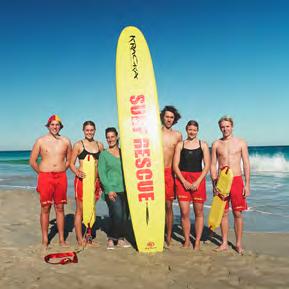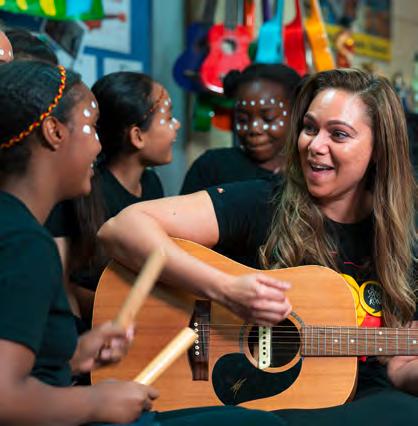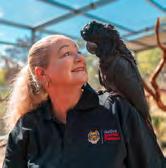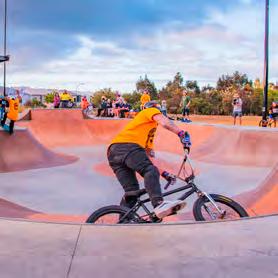















If you would like to comment on any aspect of this newsletter, please contact us on: (08) 6381 5324 or e-mail: admin@mensshedswa.org.au www.mensshedswa.org.au facebook.com/mensshedswa
https://mensshedswa.org.au/ shed-resources/sheds-wa/
To discuss stories contribution please contact the team at
admin@mensshedswa.org.au
Credit to Gordon MacGilp for producing the magazine
Cover: supplied by Jordan Sprigg
Page 6 – 7: supplied by Mix94.5
Page 8 – 9: Graham MacKellar
Page 10 – 11: Callum Smith Photography and Rhiannon Arnold
Page 12 – 13: Rhiannon Arnold
Page 14 – 17: supplied by Jordan Sprigg
Page 18 – 19: Callum Smith Photography
Page 22 – 23: supplied by Juniper
Page 25: Inset - internet meme, background - Adobe Express
All rights reserved. No part of this publication may be reproduced, stored in a retrieval system, or transmitted, in any form or by any means, electronic, mechanical, photocopying, recording or otherwise without the prior written permission of the Publisher and copyright owners.
The contents of this publication are believed correct at the time of printing.
Nevertheless the Publisher can accept no responsibility for errors or omissions, changes in the detail given or for any expense or loss thereby caused.
Men’s Sheds of WA does not warrant that any website mentioned in this title will be provided uninterrupted, that any website will be error free, that defects will be corrected, or that the website or the server that makes it available are free of viruses or bugs. For full terms and conditions please refer to the site terms provided on the website
Welcome to the first edition of the Sheds WA magazine for 2025! As we step into a new year, we’re celebrating the incredible impact of Sheds across Western Australia. From fostering connection and wellbeing to supporting local projects, Sheds continue to strengthen their communities in countless ways.
In this edition, we take a look at the inspiring work of sculptor Jordan Spriggs, hear from our Patron, His Excellency the Honourable Chriss Dawson APM Governor of Western Australia Chris Dawson, and showcase the many ways Sheds are making a difference.
We’re excited to bring you four editions of the magazine this year, packed with stories from across the WA Shed network. We’ll also be posting a physical copy to each Shed so make sure your Shed’s contact details are up to date so you receive your copy, and encourage your members to subscribe online using the QR code on the cover.
Thank you for being part of this incredible community—here’s to another great year ahead!
James Wild CEO, Men’s Sheds of WA

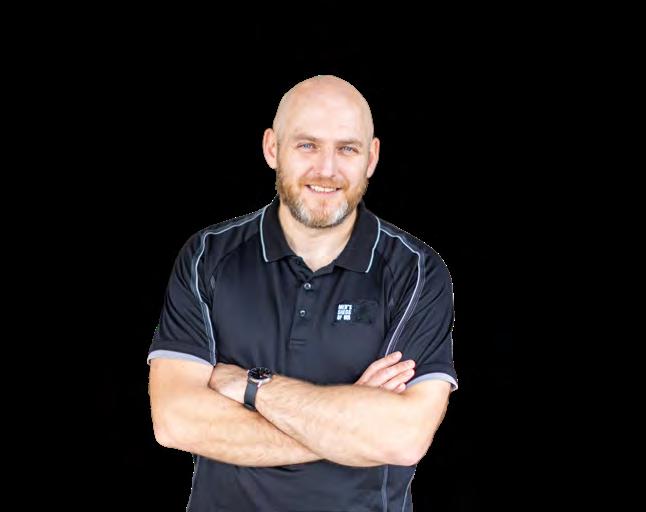


By Camila Egusquiza Santa Cruz

Using 70 tubes of silicone and a mountain of milk cartons, the Harrisdale Men’s Shed took on an unusual challenge last November: building two boats for the 2024 Mix94.5 Masters Milk Carton Regatta.
Pete and Kymba, the hosts of Mix94.5’s breakfast show, contacted Men’s Sheds of WA for help. They needed two boats that could float to race against each other in Hillarys Boat Harbour.
Andrew Cameron, a self-proclaimed handyman and member of the Harrisdale Men’s Shed committee, says the Shed saw this as an exciting opportunity.
“We didn’t ever have a project that we would do as an entire group. Individual people would do projects. Usually, little requests from schools and libraries. When Men’s Sheds of WA invited all Sheds to participate in this, we saw it as an opportunity for everybody to take part in a single project, so we showed our interest.”
From there, they received a big order of milk cartons and went straight to the drawing board. Choosing the design was crucial.
“There’s a lot of things you have to think about. I didn’t want a big tall boat that could get caught in the wind and be blown off course or a boat that wasn’t strong enough to be reliable,” says Andrew.
He also recognises there were challenges along the way, but they were able to deal with them as a group.
“Taking people’s input and presenting my point of view and hearing theirs was interesting. We certainly didn’t always agree on everything, but in the end, we all smiled and got on with it.”
For Andrew, the most rewarding part about the project was seeing the result of their hard work and the camaraderie that had formed between the group.
“We cut and glued and shaped and glued some more and used about 70 tubes of silicone. It was a team effort. Everyone played a role.”
The boats the Harrisdale Men’s Shed built were used for a pre-race just between Pete and Kymba before the official race with the public.
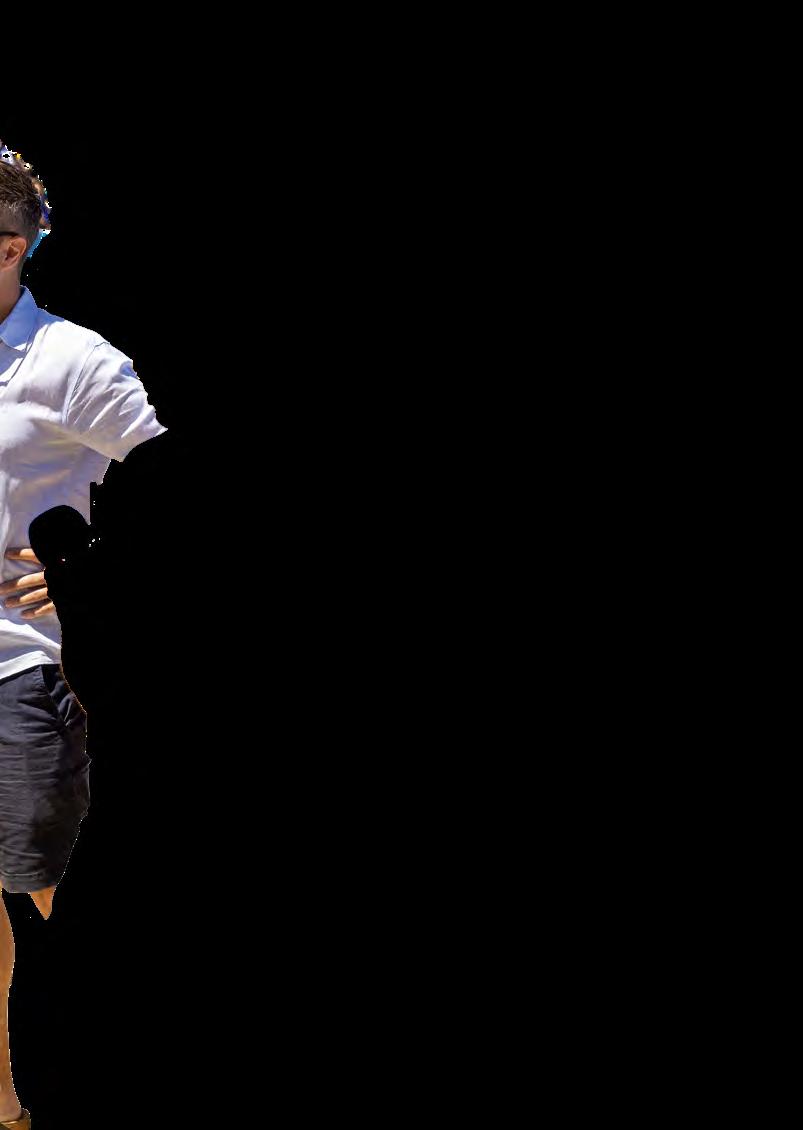

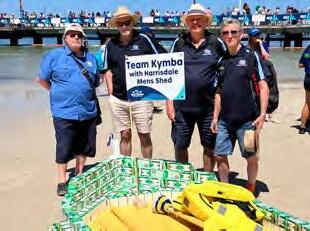
In 2023, the Subiaco Men’s Shed helped the radio talk hosts build their boats. According to Mix94.5 Brand Experience Lead Sharni Ashby, collaborating with the men’s sheds is an awesome experience.
“The first year, Pete and Kymba built their own boats, but they weren’t very successful. The second year, Pete and his dad built the boats. Those did float, but I think it is really good for both the Men’s Shed and us to work together. And it is great for us to be able to profile them and the work that they do on air.”
Kymba was joined by footy player Ben Cousins and Channel 7 presenter Samantha Jolly. Pete, on the other hand, had ‘Wilson’ (the volleyball from the movie Cast Away) as his companion.
Although Mix94.5’s milk carton regatta has only been around for three years, the event is based on an old Perth tradition that started in the 80s.
Sharni believes this is what makes the event special.

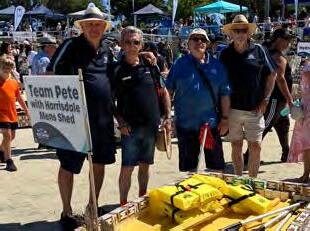
“It is very nostalgic for Perth people. They grew up with it, and a lot of them who viewed it in the 80s and 90s have come back with their children and grandchildren.”
The event also includes two prizes: $5000 for the best design and $1000 for the fastest boat.
The boats built for Pete and Kymba are in the Harrisdale Men’s Shed. Andrew says they are open to suggestions for what to do with them. He also says the Men’s Shed community is what made the project so fulfilling.
“We are a funny bunch of blokes like every men’s shed is. You get every type of character known to man in a Men’s Shed organisation. And that’s great. That’s one of the exciting things about them. You never know who you are going to meet next.”
The event is set to come back in 2025. Mix94.5 hopes to keep working with men’s sheds in future regattas.
By Rhiannon Arnold
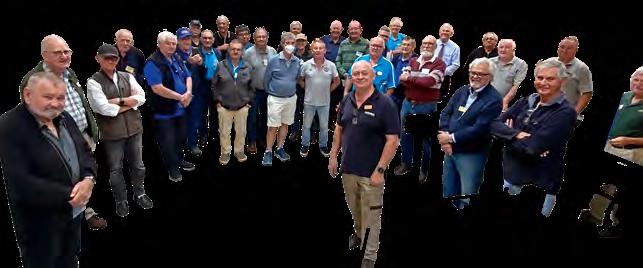
For Graham MacKellar, the world of woodworking is much more than crafting timber into functional or decorative items— it’s about fostering community, safety, and passion. As the Western Australia and South Australia Solution Specialist for Carbatec, Graham has spent the last two and a half years dedicated to helping Men’s Sheds and woodworking groups unlock the full potential of their workshops.
Before stepping into his current role, Graham enjoyed a long and successful career in IT. However, his passion for woodworking led him to make the transition to a more hands-on and community-oriented role with Carbatec.
“My role is to assist the Sheds and other woodworking clubs and groups to get the most out of their woodworking in the safest way possible,” Graham said.
He looks after approximately 300 Men’s Sheds across Western Australia and South Australia.
“At Carbatec we see the Sheds as a really important initiative, helping and supporting people especially as they reach retirement age,” Graham said.
This commitment is evident in Graham’s day-to-day work, which involves delivering complimentary onsite workshops and

courses tailored to the unique needs of the Sheds. These sessions cover crucial topics such as machine safety, proper setup and operation, and strategies for maintaining a collaborative and hazard-free environment.
“We are committed to supporting the Community / Men’s Sheds and demonstrate this by providing special discounts on products purchased. Equally, through my activities, we support shed members to extend their woodworking knowledge and abilities whilst making sure that safety is front of mind.”
“Our Intent is to increase the skill level that Shed members might have and in some cases simply help them to feel more comfortable in using various pieces of equipment. In truth, woodworking equipment can be quite scary, especially if you’re not from a wood working background and some people are a bit hesitant to want to use it,” Graham said.
His own experience in woodworking is the result of years of self-teaching and handson experience. His personal journey into the craft gives him a unique perspective when working with Men’s Sheds. He understands the challenges and joys of learning woodworking techniques from scratch and is passionate about sharing his knowledge to help others thrive.
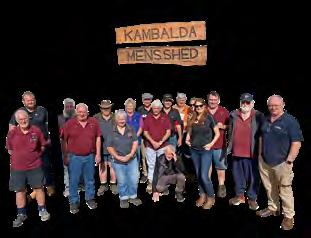
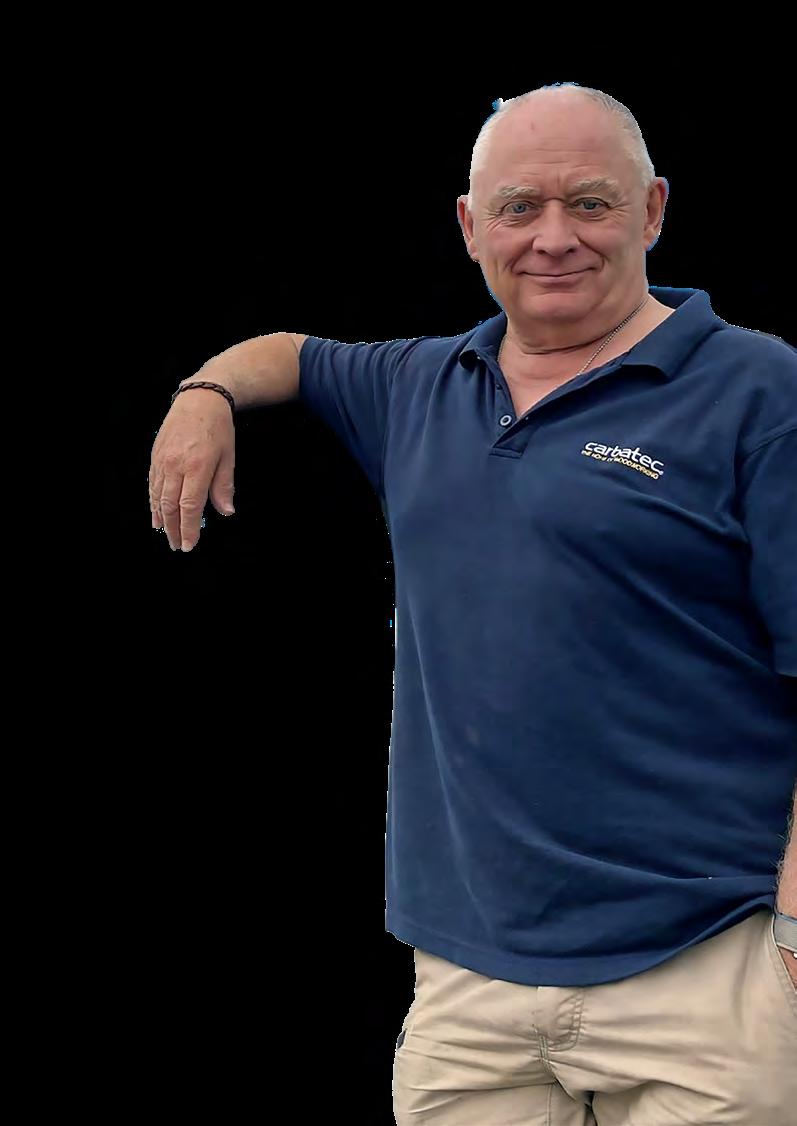
“What drives me is the thought of helping people,” he said.
“The satisfaction I get working with the Sheds is seeing an improvement in the projects they undertake, coupled with the fact that no one has injured themselves while I’ve been on my watch. My focus and interest is to make sure people get the most they can out of the Sheds. Where Carbatec and I can help, we want to do the most we can.”
For Graham, safety is paramount. His workshops emphasize not just the technical aspects of woodworking but also the broader considerations of running a safe and inclusive Shed. His ultimate goal is to ensure every Shed he works with becomes a thriving and secure space for its members.
While visiting around 300 Sheds across two different states, Graham has been able to gather a lot of information about successful Shed activities.
“I get to hear of some great projects that Sheds undertake that often contribute significant revenue, helping to keep the shed financially buoyant,” he said.
“Where possible, I can use this information to help other sheds avoid any pitfalls in adopting new initiatives or kick start a
conversation between sheds to share information.”
Although Graham is currently immersed in his role, he’s already looking forward to the day when he can join a Men’s Shed himself. Until then, he’s committed to giving his all to the Sheds he supports through Carbatec.
His appreciation for the Men’s Shed movement and his dedication to its mission make him a valued ally for these groups. His work not only helps ensure that members can engage in woodworking safely but also reinforces the vital social connections that make the Sheds so meaningful.
Graham’s story is a testament to the importance of community and the value of sharing knowledge. As someone who shifted from IT to woodworking, he demonstrates that it is possible to follow a passion and make a difference. Through his work with Carbatec, Graham is contributing to a safer and more connected woodworking community across Western Australia and South Australia.
For anyone fortunate enough to attend one of Graham’s workshops or meet him during a Shed visit, the value of his contribution is clear. And for those yet to reach out, his message is simple: “If anybody in a Shed thinks we can help, they just need to call me.”
By Rhiannon Arnold
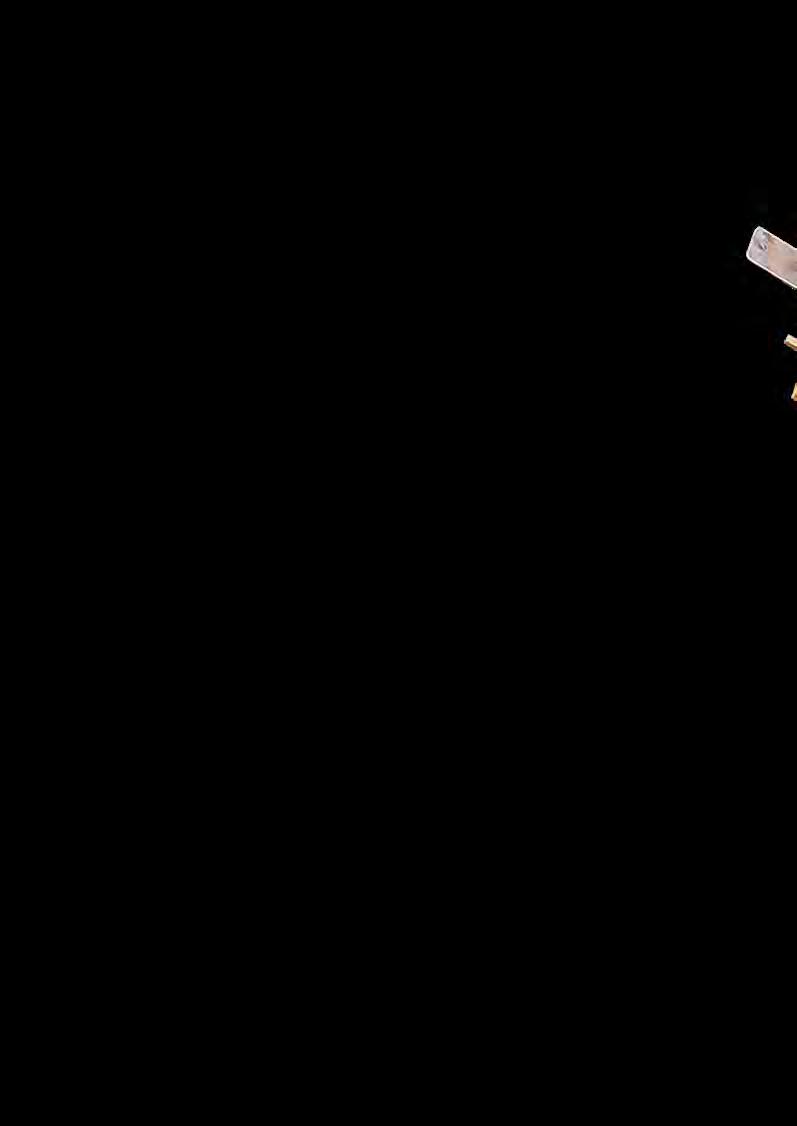
Men’s Sheds of WA recently collaborated with the Perth Wood School to deliver a series of Shed Supervisor Workshops aimed at improving safety practices and supervisory techniques across the organisation’s network. These workshops, tailored for members of both metro and regional sheds, provided hands-on learning opportunities to ensure sheds remain safe and welcoming spaces for all members.
A total of six workshops were held: three in the metropolitan area at the Perth Wood School, and three in regional locations— Nannup, Merredin, and Moora. The sessions brought together 67 participants, with 35 members from 16 metro sheds and 32 members from 14 regional sheds in attendance. Facilitated by experienced woodworking educator David Howlett, the workshops highlighted the importance of proper equipment use and safe supervisory practices.
David Howlett, who has over three decades of experience as a woodworking educator, emphasized the value of empowering Shed members with knowledge. “It was an honour to be asked to present workshop safety training for Men’s Sheds WA,” David said. “I have been a woodworking educator for over thirty years, and I still gain enormous satisfaction from helping others learn how they can achieve more with woodworking
equipment but with a full understanding of how to avoid any level of injury.”
The workshops delved into common misunderstandings about woodworking machinery and provided clear demonstrations of proper use. David highlighted how critical it is to approach machinery with a full understanding of its intended use. “I greatly appreciate the opportunity to dispel common misunderstandings and misconceptions surrounding the use of certain items of woodworking machinery,” he said. “I believe that clear and logical explanation and demonstration of how a machine is meant to be used correctly to carry out its intended task is key to developing confidence and safe practice among recreational woodworking enthusiasts.”
What set these workshops apart was the overwhelmingly positive reception from attendees. Despite initial expectations of encountering some resistance to change, David found the exact opposite. “The biggest surprise for myself in delivering three safety workshops in-house plus three regional shed visits to Nannup, Merredin, and Moora was how the content was received by participants,” David explained. “With so many members from many different sheds participating in the workshops, I was quite sure that I would encounter at least

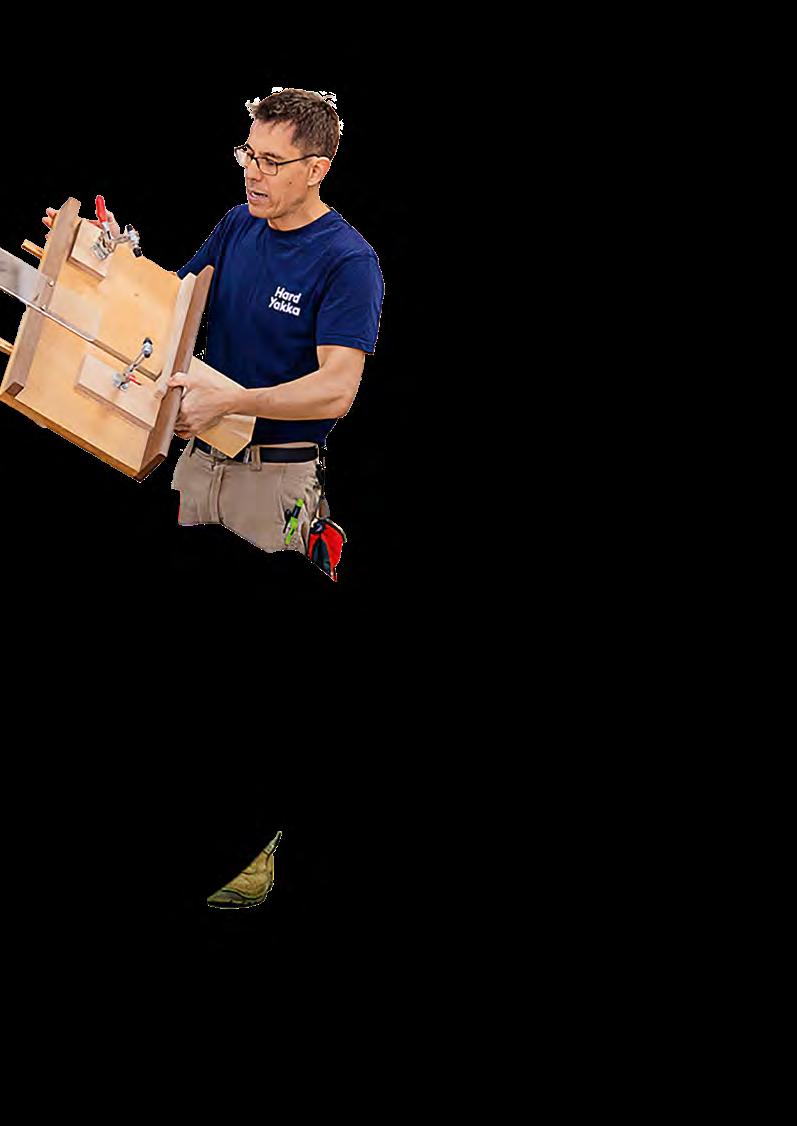
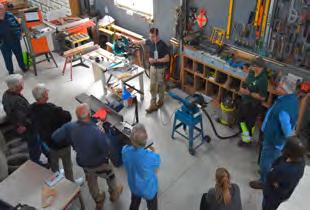
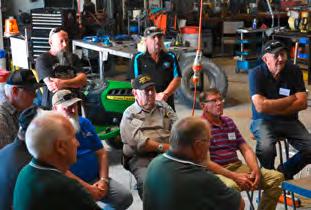
one or two negative responses with each session. To my astonishment, I found the exact opposite! At morning tea, lunch, and at the end of each session, I had lots of members relating how valuable they found the content and how it would change their Shed’s practices for the better.”
The workshops created an environment where participants were eager to absorb information and share their learnings with their fellow Shed members. According to David, “It was so refreshing to find that everyone I met with during these sessions was keen to learn as much about correct safe practice as possible so they could go back and share the info with their shed mates.”
The success of these workshops reflects Men’s Sheds of WA’s commitment to fostering a culture of safety and continuous improvement. By partnering with experts like David Howlett and providing access to quality training, the organisation is equipping its members with the skills and confidence needed to maintain safe and productive Sheds. The collaboration with the Perth Wood School underscores the value of bringing professional expertise into the Shed community and demonstrates the organisation’s dedication to supporting its members across the state.
As participants return to their respective Sheds, the knowledge gained from these workshops will undoubtedly have a lasting impact, contributing to safer and more efficient practices. The success of this initiative sets a strong precedent for future collaborations and training programs, ensuring Men’s Sheds across WA continue to thrive as inclusive and safe spaces for woodworking enthusiasts.
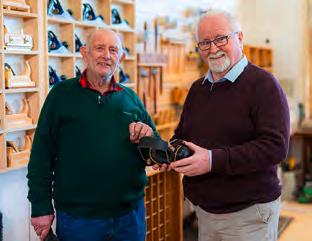
By Rhiannon Arnold
The Bassendean Community Men’s Shed is a thriving hub of creativity, camaraderie, and community service. With 103 dedicated members, the Shed provides a welcoming space for woodworking, woodturning, metalwork, and even a newly introduced photography group. More than just a place for hands-on projects, the Shed actively engages in initiatives that benefit local schools, community groups, and families in need.
One of the standout projects the Shed has recently undertaken is a collaboration with Creative Wellness for First Responders to build a cubby house for a local family facing recent hardship. The project began when Creative Wellness for First Responders learned of a family who had lost their sevenyear-old daughter to Batten’s Disease, a rare neurological disorder. The family’s second daughter has also been diagnosed with the same life-limiting disease. Amidst these challenges, their nine-year old son struggled to cope with the loss of his sister and the ongoing illness in his family. The cubby house was designed to provide him with a fun, exciting space of his own—a refuge from the difficulties he faces.
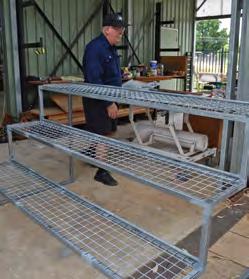
Sergeant Evan Jackson, Chairperson of Creative Wellness for First Responders, highlighted the significance of the collaboration, and said, *”First Responders are, unfortunately, disproportionately affected by PTSD and depression. That’s why Creative Wellness for First Responders exists—to offer creative workshops and projects that help mitigate the mental health impacts of the job.
“Both First Responders and Men’s Shed members share a strong sense of community and a passion for giving back, which makes collaborations like this a perfect way to achieve our shared goals. Working side by side on meaningful projects like this not only provides a sense of fulfilment and respite but also makes a real difference for a very deserving family.”
The cubby house was the result of teamwork and generosity. Allan Wilson, Secretary of the Bassendean Community Men’s Shed said the Shed ordered the cubby house and were assisted by a group of around10 First Responders on 10 November 2024 to begin the build.
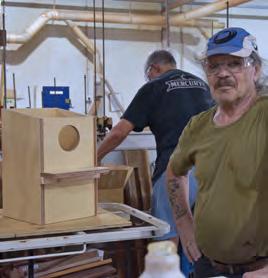
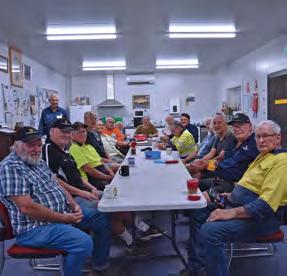
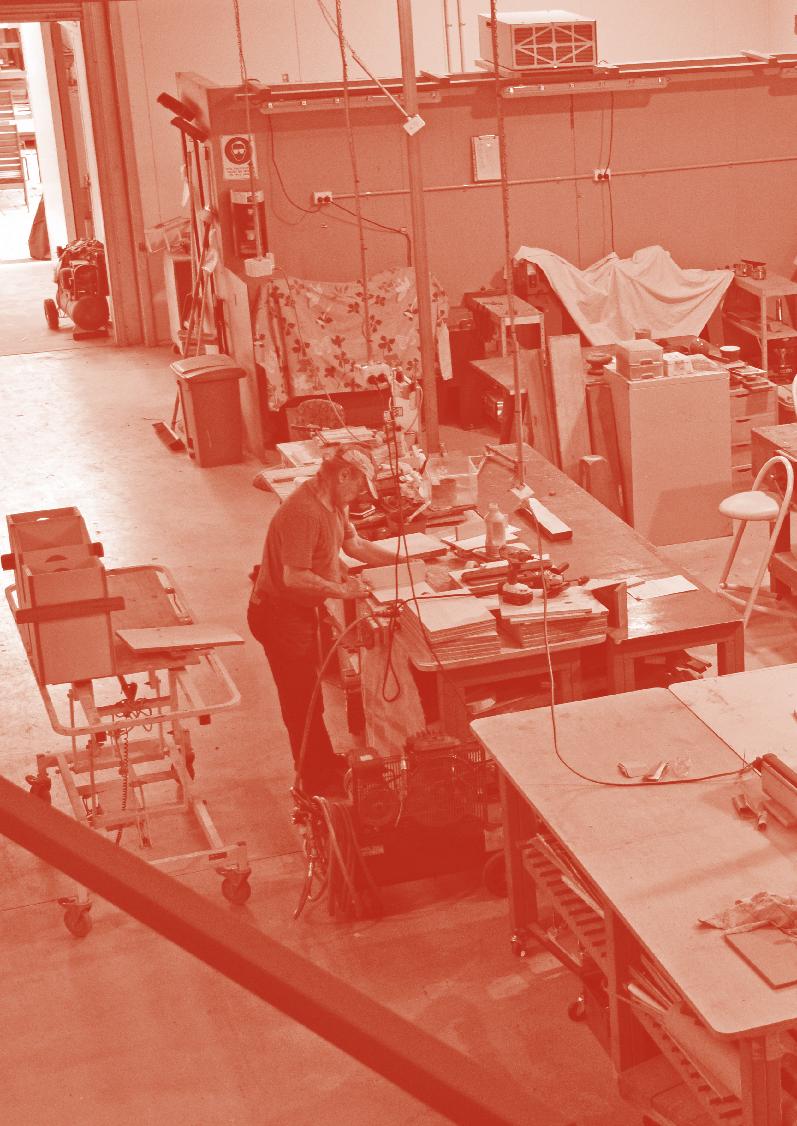
“After lunch, we transported the assembled sections to the family’s home, where more volunteers joined in. By the end of the day, around 20 first responders assisted the Shedders to complete the cubby house,” Alan said.
“The young boy came out, and there were additional gifts for him—a desk, a heap of toys—and he and his sisters went into the cubby house and had a good day.”
Beyond the cubby house project, the Bassendean Community Men’s Shed engages in numerous other communitydriven initiatives.
”We are currently building planter display shelving for the Guildford Garden Centre. We’re doing three of those,” Alan said.
“Another gentleman who’s just joined us is about to start up a photo club, where members can restore old photos. We’re planning to extend our office so they have a dedicated space for it. We also have a member who focuses on recycling materials, making rope mats and pot holders from recycled crayfishing pots in collaboration with NDIS participants.”
The Shed has also established a strong partnership with local schools, crafting teaching aids and props that enhance children’s learning experiences.
“We have a contact with a school through one of our members, whose daughter works in the education department. We make Three Little Pigs houses, Three Bears’ beds and chairs, and bridges to go along with
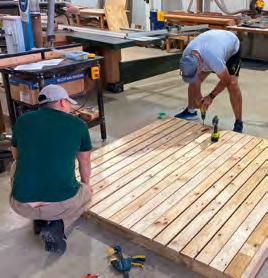
the story of the Three Billy Goats Gruff. We’ve already made two bridges, and now we have orders for another 10 schools. The Pigs houses have been supplied to about 50 schools, with three houses per school,” Allan said.
The Shed’s contributions extend even further, supporting wildlife conservation efforts. “We build possum boxes and bat boxes for the Wildlife Rehabilitation Centre in Lesmurdie. We also build buddy benches in conjunction with the Rotary Clubs of Morley, Mount Lawley, and Swan. Over the past three years, we’ve made about 50 of those.”
The Bassendean Community Men’s Shed is not just a place to build furniture or repair broken chairs—it provides members with a sense of purpose while making a meaningful difference in the lives of others. Through initiatives like the cubby house project, the Shed demonstrates how craftsmanship, generosity, and collaboration can have an impact on lives and support to those in need.
Evan Jackson encourages other Men’s Sheds to consider partnering with Creative Wellness for First Responders.
“So far, we’ve worked with Men’s Sheds in Victoria Park, Cockburn, and now Bassendean, creating items like resin boards, coffee tables, picnic tables, and chopping boards. If your Men’s Shed is interested in partnering with us to deliver workshops or projects, please feel free to reach out at 0436 837 617 or via email at pd14641@police.wa.gov.au.”
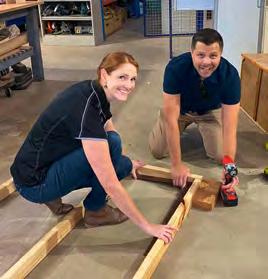
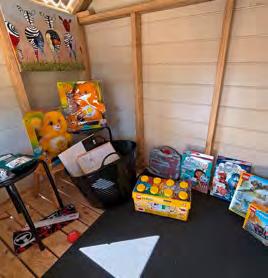
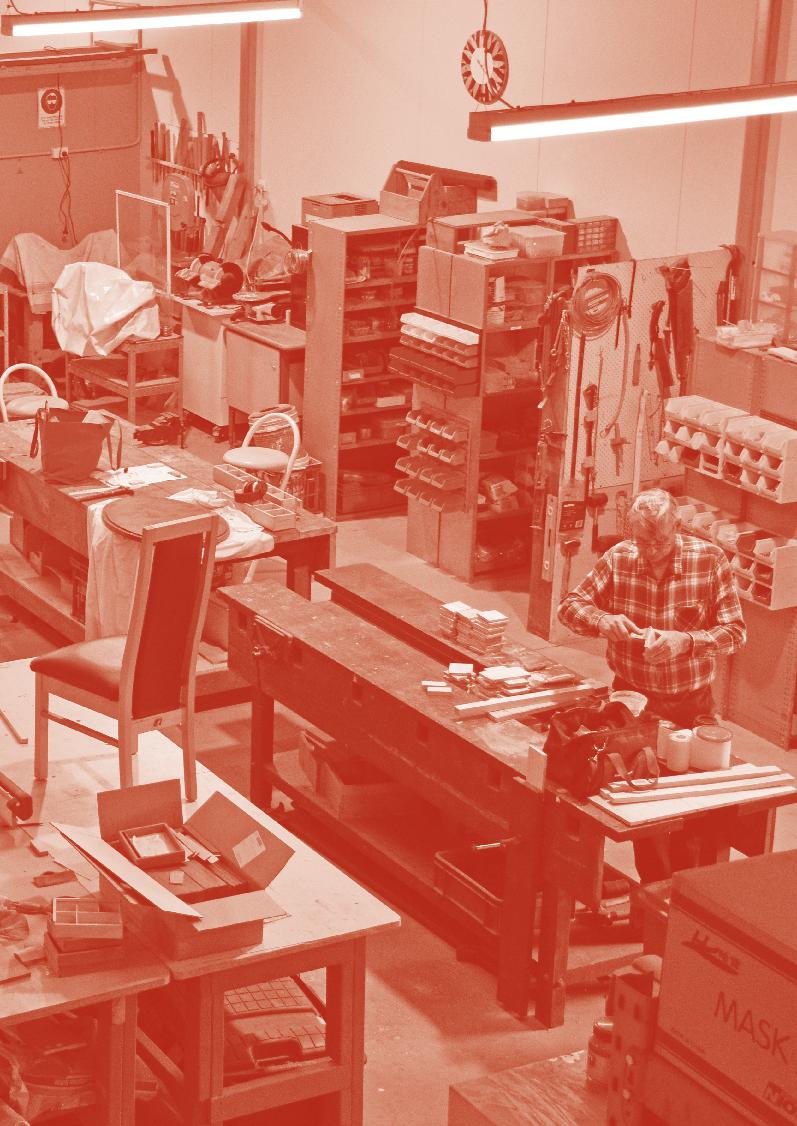
By Rhiannon Arnold
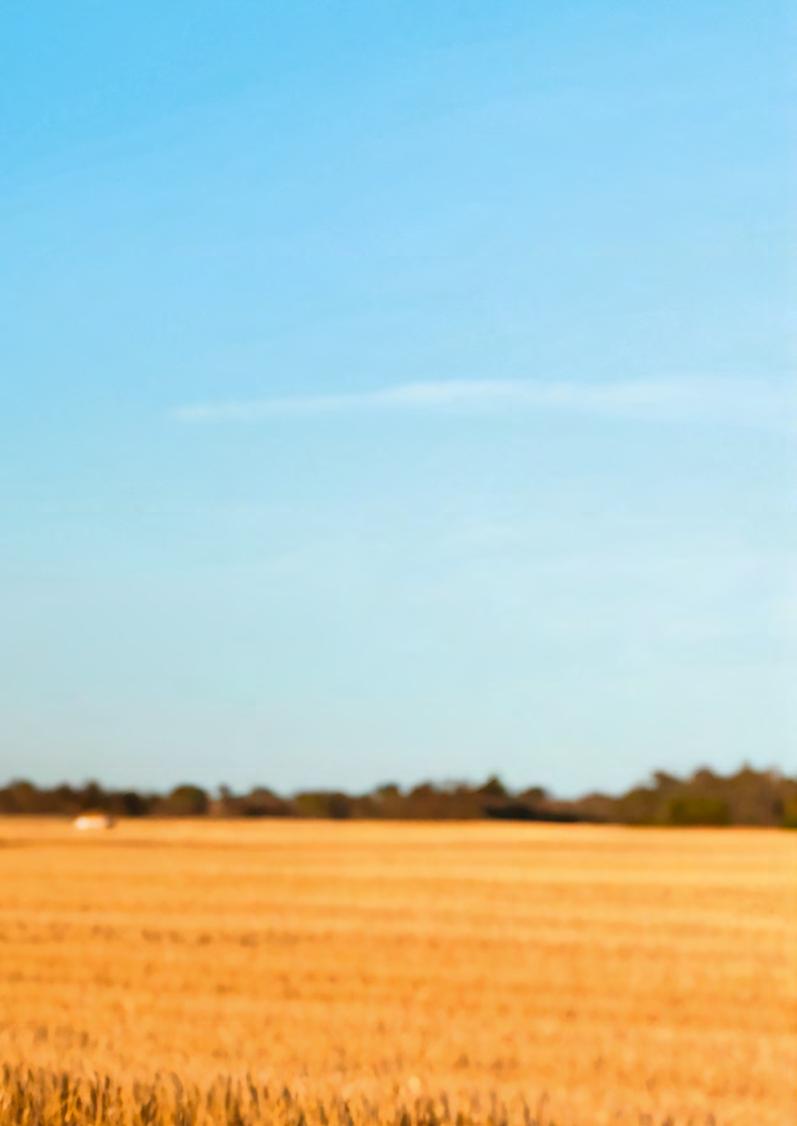
In the wheatbelt of Western Australia, sculptor Jordan Sprigg transforms discarded scrap metal into breathtaking works of art. Over the past eleven years, he has established himself as a leading figure in metal sculpture, crafting life-sized animal forms from materials sourced on neighboring farms. His creations can be found locations across the country, even capturing the attention of Hollywood actor Chris Hemsworth, who purchased one of his works.
Jordan’s sculptures range from small birds and dragonflies to towering horses, bulls, and even dinosaurs. His approach to sculpting is methodical yet intuitive, blending technical precision with artistic vision.
“I work on one piece at a time,” Jordan said. “I’ve tried doing it another way and it just doesn’t work. Once you’re focused in on a piece and all your creative thoughts are going into one thing, it’s a bit of a
waste to keep switching. So I just do one piece at a time and then get it out on social media and sell it.”
Before beginning a new sculpture, Jordan uses a scale model to ensure accurate proportions.
“I’ll buy a model [of the thing I’m building] like a horse to get the proportions and then I’ll scale it up to the size I’m after. Then I’ll do a 2D drawing to give me the silhouette to cut out of sheet metal. The silhouette is then welded to a base, and from that, I can build from there.”
The process varies in complexity and duration. Small sculptures, such as birds and insects, can be completed in just a few days. Larger projects, however, demand months of dedication. A life-sized horse or bull can take up to four months to complete.
For Jordan, his journey into metal sculpture was an organic one, rooted in childhood fascinations and hands-on learning.
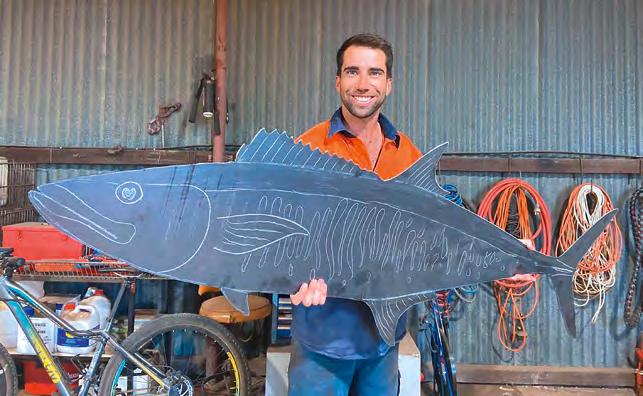
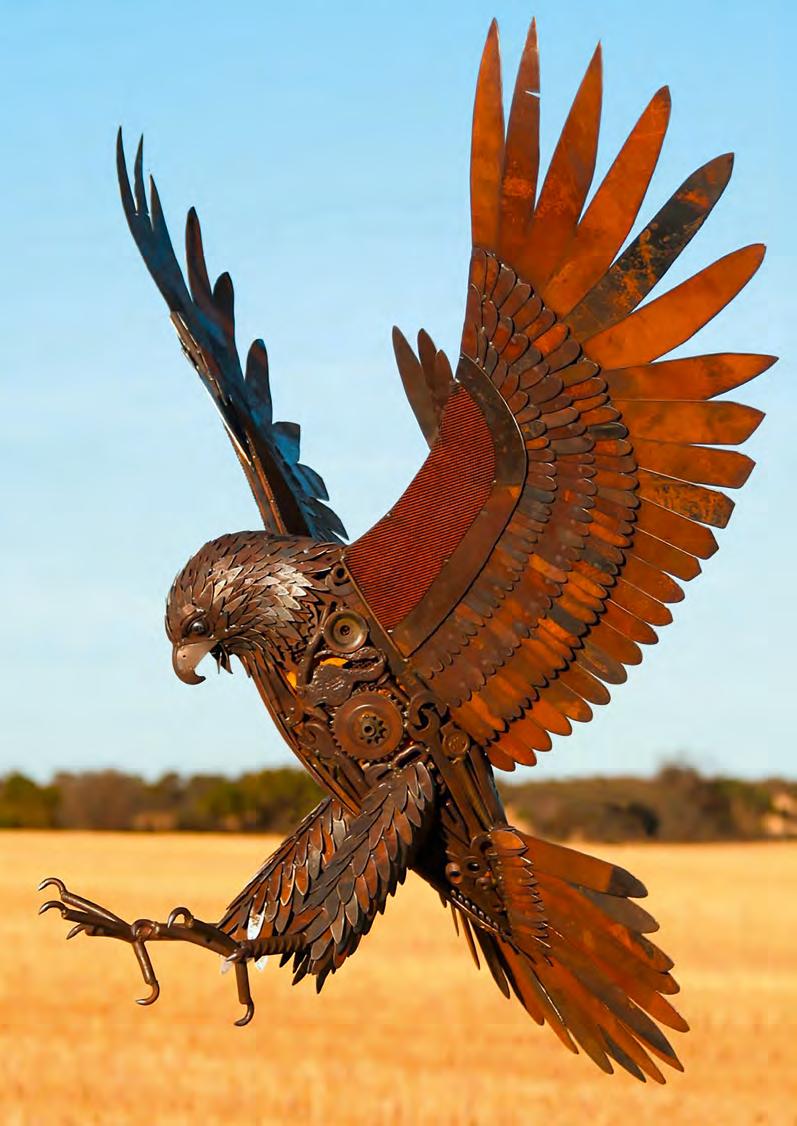
“It probably does go back to my childhood. I was obsessed with LEGO as a kid. I was also obsessed with drawing—I loved animals. Most of my drawings as a kid were of animals. As I got older, I was always interested in metalwork, so I learned welding, cutting, and grinding from an early age.”
His career as a sculptor began when he saw Sculptures by the Sea, an outdoor exhibition showcasing large-scale sculptural works. “It was Sculptures by the Sea that first gave me the idea that maybe I could actually have a job or could earn money selling sculptures.” Encouraged by the prospect, he took a gap year from his psychology degree and began creating in his shed. “The first piece was of some kangaroos. They sold. It’s just gone from
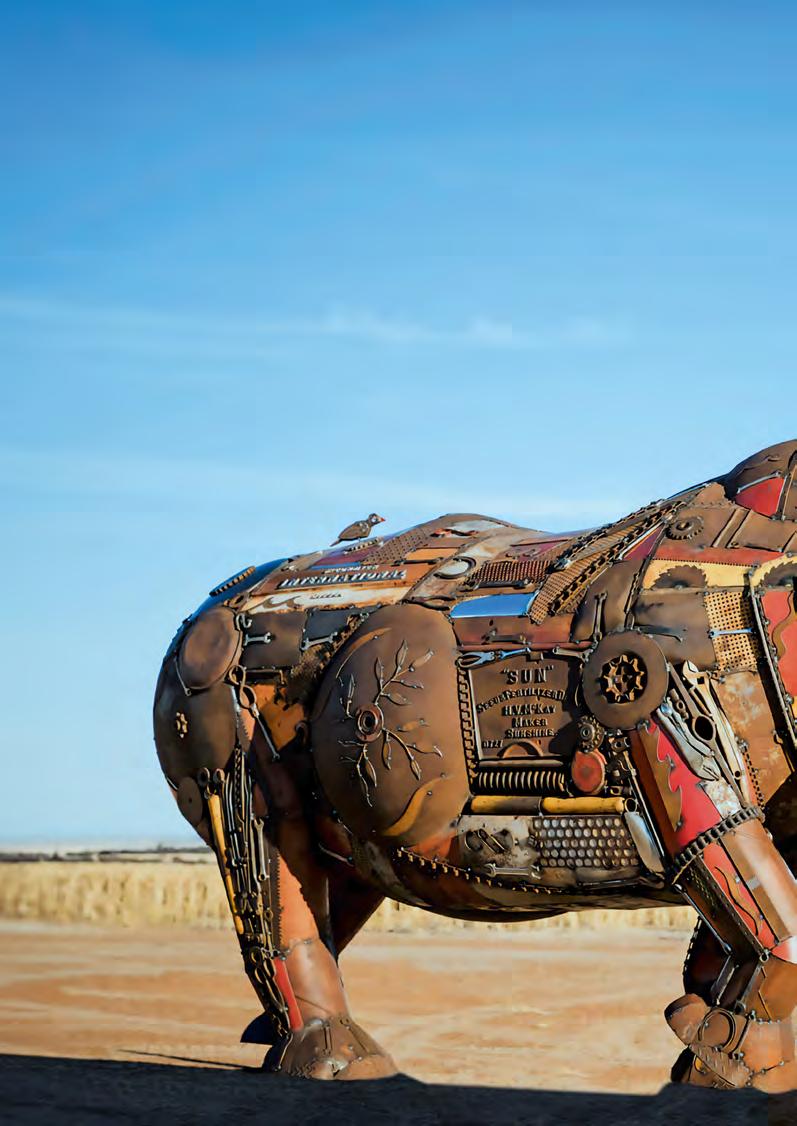
there. I didn’t have any intention to be a sculptor; it just happened naturally and through social media.”
As a self-employed artist working alone for long stretches, Jordan values the solitary nature of his craft but also understands the importance of social interaction.
“I am quite introspective naturally, so I do enjoy thinking and learning [on my own].
The amount of books I’ve read and things I’ve listened to that just wouldn’t have been possible if I wasn’t in the job I’m in. I can plug into the shed and do eight hours and I can listen to an audiobook, or I can listen to a podcast or music, all in the space of a day whilst also doing my job.”
Despite his comfort with solitude, he makes a conscious effort to stay connected to his community. “I know the importance of
getting out and being with people, seeing people, and getting in community. I have had other workers in the past, and I have enjoyed having someone to work with in the shed. If I haven’t seen anyone for a day or two, I’ll put the tools down, go into town for a coffee, see some people, and get that social interaction.”
Beyond his own work, Jordan encourages others to explore creative hobbies, especially those who may be hesitant due to work commitments.
“It is really hard to pursue that passion project or creative project because it’s so time-consuming and most creatives don’t get paid for their work. It’s such a tough industry to make money, and that’s why I think a lot of people don’t start until they’re retired or semi-retired.”
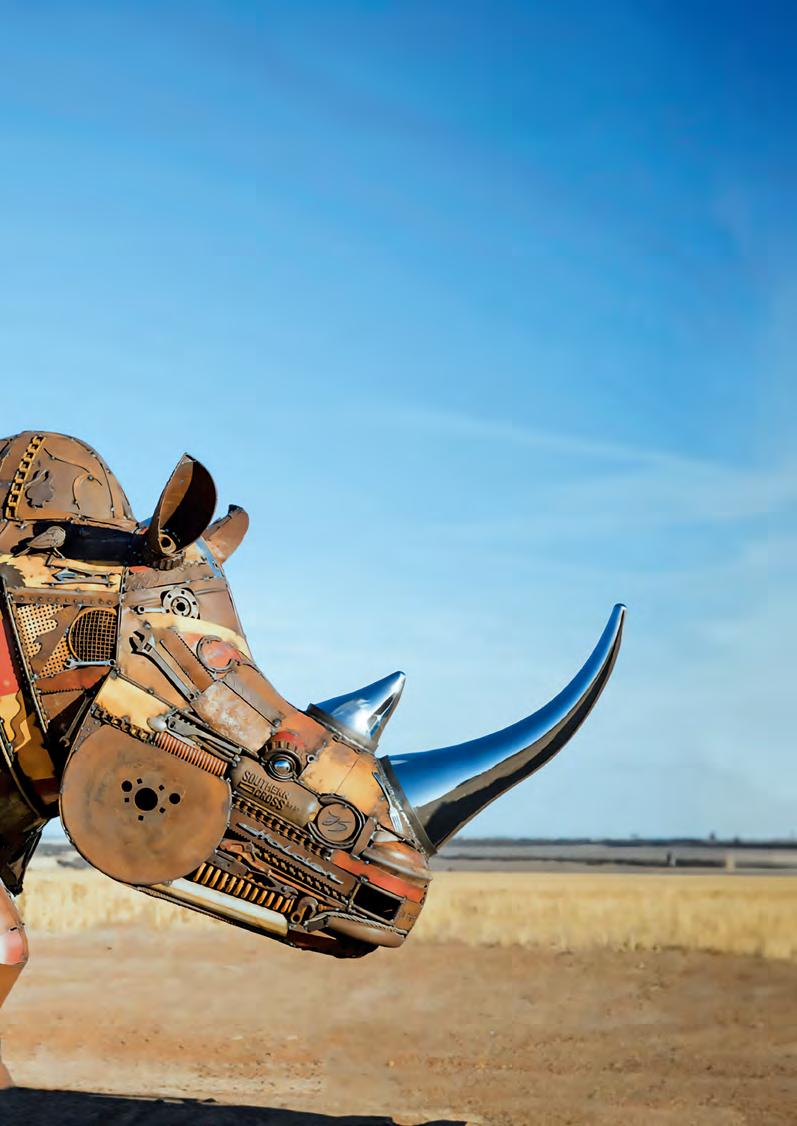
He believes that engaging in creative pursuits before retirement can ease the transition from full-time work. “Especially for blokes, if they can start a hobby even before they retire, they won’t fall in a heap when they do stop work. A lot of men lose their identity once they finish work and they’re left thinking ‘what is my purpose now.”
He also sees artistic and hands-on work as a way to contribute meaningfully to others. “Serving others is probably one of the best things you can do for yourself. You can still make it a business, but Men’s Sheds are really about men coming together and using their collective skills to help others.”

Australia has never had so many people –27.5 million of them this year, according to the Australian Bureau of Statistics.
And, the world has never been more connected, through advances in technology and the proliferation of social media. And yet, statistics also show that one in in three Australians still feel lonely. Which is not just a hardship for the person.
It is a huge headache for our country. Research clearly shows that loneliness can be directly linked to poor physical and mental health and even premature death. And social isolation can also be linked to mental illness, emotional distress, dementia development, poor health behaviours and suicide.
By contrast, more frequent social contact has been shown to coincide with better
overall health – both physical and mental. Which is why Men’s Sheds, both here in Western Australia and beyond, are such an important social movement.
It was only in 2009 that the first Men’s Shed WA conference was held in a town of many sheds, but not many people –Mukinbudin.
From those small foundations, more than 180 Sheds are now helping men across the state find each other, and find a safe space to talk to each other.
When my wife Darrilyn and I were approached as co-Patrons of Men’s Sheds WA, we were proud to be asked. We have both lived and worked in the bush and the city and we know the value that Men’s Sheds bring to their communities.
In my more than 45 years in public life,
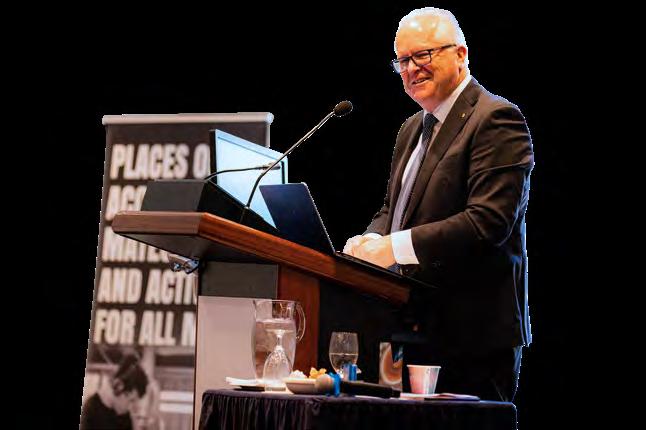
particularly in my career as a police officer, I have seen first-hand how important it is that men of all ages and backgrounds have genuine connections in all aspects of life.
And how when they are without them, people can find themselves in dark places.
People like John*, whose story is by no means unique in our state.
After the death of his wife, I know that John felt unbearably lonely in his small home town in WA’s Great Southern.
So lonely, that on more than one occasion, he contemplated taking his own life.
Until he found the local Men’s Shed.
I know that first through the woodwork projects, and then through company, John found solace. The craft and the camaraderie gave him a purpose. He says the Men’s Shed saved his life.
Which is an amazing thing to say you have done.
What is more amazing is that in a survey from just last year, eight in ten Shed Leaders in this state believe their shed had also helped prevent a member from dying by suicide.
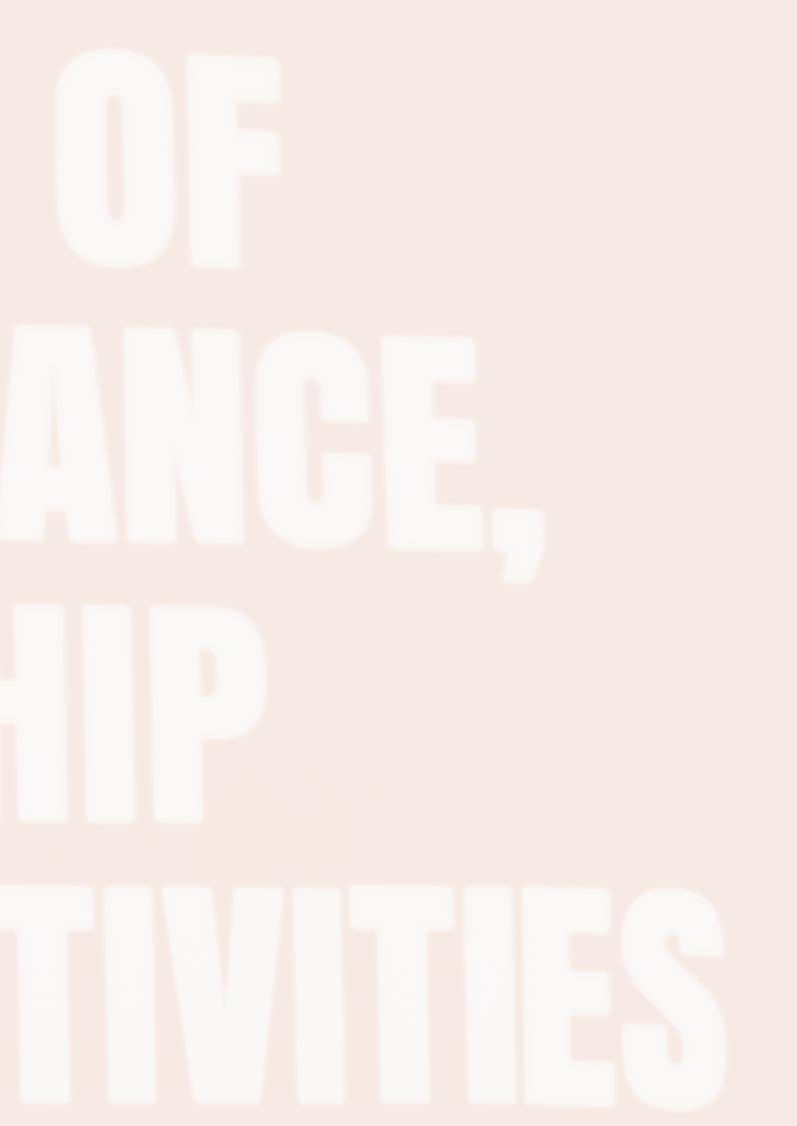
That proves that companionship has real benefits. The work of Men’s Shed WA shows that. It encourages men to talk. It helps men to listen.
And those little hubs up and down the state do not just help the individual – they benefit the community.
Like the Wyalkatchem Men’s Shed, raising $30,000 through their Containers for Change Depot to replace two St John Ambulances in their community.
And like the Jurien Bay community, who have a unique and lasting memorial site thanks to the Men’s Shed ‘Rest in Reef’ project.
That initiative allows a person’s ashes to be incorporated into reef balls, which are then placed in the Marina to support the reef ecosystem – an idea so original it won the ‘Innovative Fundraising Activity’ at last year’s National Men’s Shed Awards.
It is that type of vision and effort which embodies Men’s Sheds.
Taking on a project, working on it together, for the benefit of many.
Long may those virtues continue in every Shed in WA.
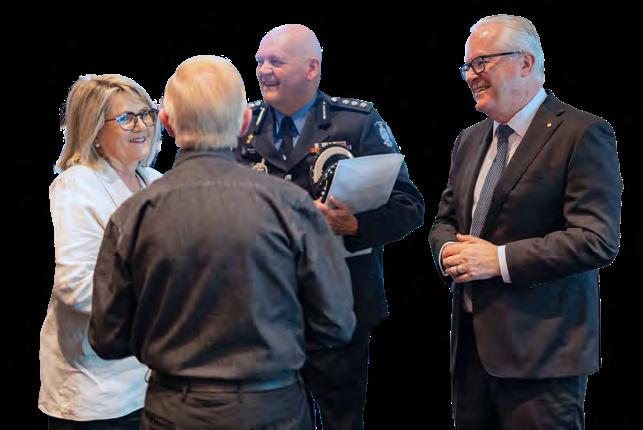
By James Clarke, Curtin University
The Men’s Shed movement has long been recognized for its role in fostering social connection and purpose among older men.
Our team at Curtin University and Men’s Sheds of WA has recently published another scholarly article that highlights another crucial aspect of Shed life: the impact of leadership on members’ mental health.
This new study explores how leadership within a Men’s Shed can contribute to members’ wellbeing by strengthening social connections, psychological safety, and a shared sense of belonging.
What did we do?
Our study surveyed 162 Men’s Shed members across Western Australia to explore how leadership influences mental health. In this paper, we examined how identity leadership—the ability of Shed leaders to create a sense of shared purpose and belonging—affects members’ social networks and mental wellbeing.
Specifically, we focused on three key factors:
1. Psychological Safety – The extent to which members feel safe to speak openly and participate in Shed activities.
2. Social Network Quality – The strength and depth of relationships within the Shed.
3. Social Identity – The sense of belonging and identification with the Shed community.
We then assessed how these factors influenced mental health outcomes, including wellbeing, loneliness, meaning in life, and depression.
What did we find?
A key insight from our analysis was that leadership within the Shed plays a significant role in supporting everyday members’ mental health. It appears that
Shed leaders who are good at promoting a sense of belonging and identity within their Sheds help members develop stronger social networks within their Shed, greater feelings of psychological safety, as week as a greater sense of belonging to their particular Shed and the Men’s Shed organisation. This means that Sheds with leaders that promote a sense of belonging may help members to make stronger connections with other members. We then found that these stronger social connections are associated with lower depression and loneliness, and a higher sense of meaning in life and overall wellbeing. So, Sheds with leaders that promote belonging may help foster better social relationships for members with this social connection then improving their mental health and wellbeing.
Our work highlights the importance of good leadership in Men’s Sheds and how it can shape the Shed experience for all members. We are currently working on another study that will outline the specific qualities that leaders can embody to promote this kind of leadership (stay tuned in 2025), but for now we can recommend that leaders should aim to embody a few common principles:
1. Encouraging and Supportive Leadership: Shed leaders should aim to create an inclusive and welcoming environment, fostering a strong sense of community among members.
2. Building Social Networks: Members can benefit greatly by forming strong
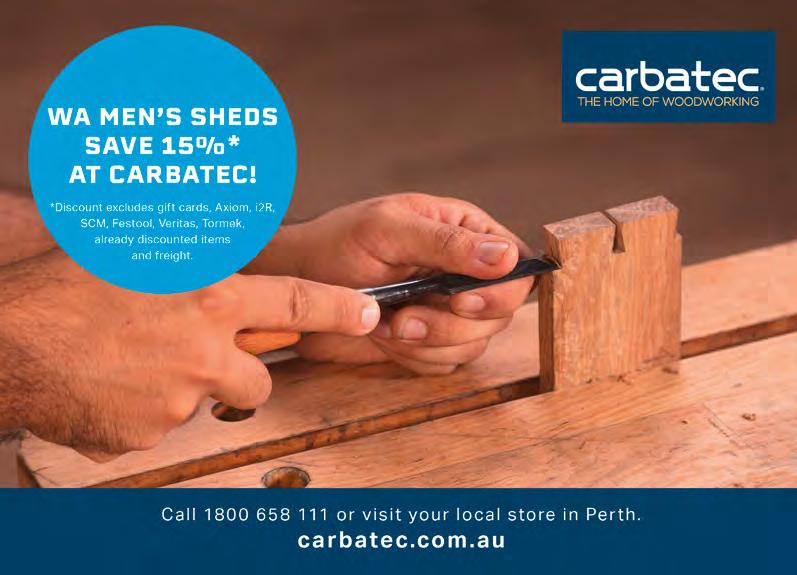
connections within the Shed. Taking the time to reach out, support others, and engage in conversations can make a big difference.
3. Enhancing Psychological Safety: Encouraging open discussions, providing constructive feedback that is not negatively focused, ensuring that all members feel valued, refraining from critical and bullying behaviours, and promoting a culture of trust can help make the Shed a safe and supportive space for everyone.
Conclusion: Leadership Matters in Men’s Sheds
This study underscores the crucial role of leadership in shaping the mental wellbeing of Men’s Shed members. When Shed leaders foster a sense of shared purpose and social connection, it not only strengthens the Shed community but also contributes to the overall mental health of its members.
Of course, leaders of voluntary organisations are asked to carry a heavy load, so they
need a supportive membership who are appreciative and willing to contribute to the positive atmosphere and running of their shed. Both good and supported leadership contributes to a thriving shed.
By embracing leadership that promotes belonging, trust, and connection, Men’s Sheds can continue to be a powerful force for improving the wellbeing of older men.
We are excited to be bringing you more findings from the Thriving Shed Project in 2025
For more information go to https://doi. org/10.1177/07334648241289020, or see:
Clarke, J. J., Haslam, S. A., Sharman, L. S., Guerrini, B., Holmes, K., Talbot, R., Wild, J., & McEvoy, P. M. (2024). Leading by Example: Identity Leadership and Mental Health in Men’s Shed Members. Journal of Applied Gerontology. https:// doi.org/10.1177/07334648241289020
By Juniper
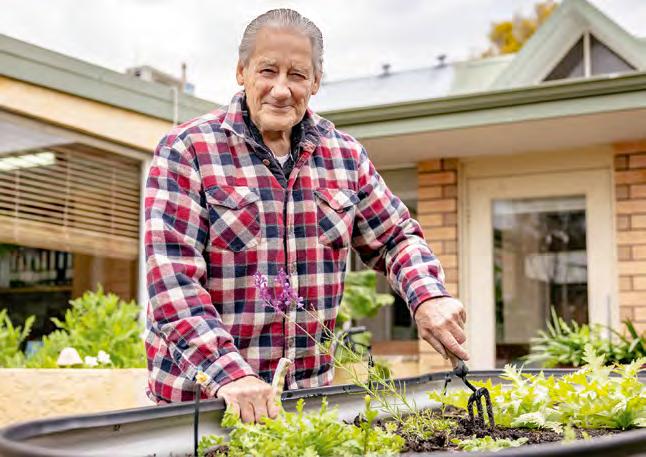
Older Western Australians are proving that age is no barrier to optimism, resilience, and a living a fulfilling life, according to a new report.
The Voice of Older Western Australians, commissioned by non-profit aged care provider Juniper, reveals a generation of over-70s who are not only deeply engaged with their communities but also determined to make the most of their golden years — despite facing significant age discrimination.
Conducted by CoreData WA, the report paints a portrait of older Western Australians who value family, friendship, and health while harbouring concerns about global issues, ageism, and the loss of independence.
The findings reveal an impressive level of optimism among older Western Australians. Many are not only focused on nurturing relationships with family and friends but also eager to explore the world, pursue hobbies, and enhance their physical and mental health.
However, this optimism is tempered by anxieties about the welfare of future generations, global violence, and the loss of personal autonomy.
Alarmingly, two-thirds of older Western Australians report experiencing age-based discrimination, highlighting a societal challenge that must be addressed.
Juniper CEO Russell Bricknell said the report, commissioned to mark Juniper’s
75th anniversary, made for essential reading.
“This research gives a voice to a demographic that is often overlooked,” he said. “It highlights their resilience, hopes, and what truly brings them happiness as they age.”
The report also features the 2024 Happiness of Older Western Australians Index, which provides a unique insight into what drives happiness among this age group. With a score of 67.9 out of 100, the index places older Western Australians in the “moderate” happiness range.
Men living with partners emerged as the happiest subgroup, with nearly half rating themselves as “extremely happy.” In contrast, only one-third of partnered women felt the same. Interestingly, women were more satisfied with their friendships and community connections, while men reported greater happiness with personal safety and a sense of purpose.
Family emerged as a cornerstone of happiness, with 71% of respondents naming time spent with family as essential, followed by socialising with friends (59%), exercise (57%), and meaningful hobbies
(56%). However, many, especially those aged 80 and above, expressed a desire to see their families more often.
The report also sheds light on the emotional toll of ageism. 18% of respondents reported being dismissed or ignored by healthcare professionals, while 11% faced belittling treatment from customer service workers.
One 86-year-old shared her frustration about being overlooked in medical settings: “They tend to think because you’re older, you can’t hear, understand, or remember what they’re saying.”
Despite these challenges, older Western Australians described their generation as resilient, knowledgeable, and wise, even as they believed society often views them as invisible or unimportant.
“As a community, we need to prioritise the health, wellbeing, and connections of our elders,” Mr Bricknell added. “This research provides a compelling reason to tackle ageism head-on and ensure our older population feels valued and supported.”
To read the full report visit Research & Art - Juniper
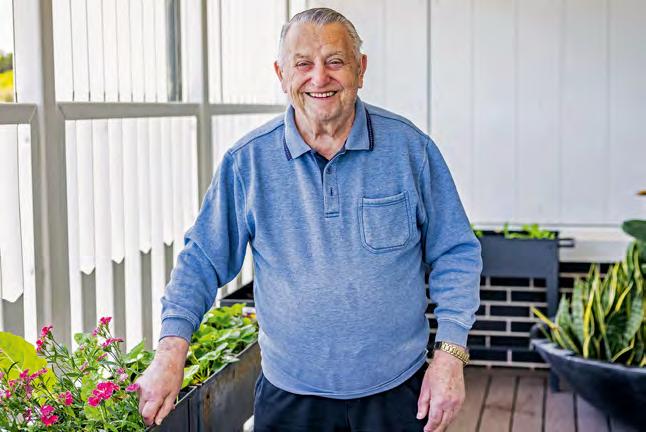
Amplify Alliance is the new name for Jobs Australia. Our name reflects an ambition to amplify the impact of Not for Profits delivering human services. We provide tailored solutions, knowledge and support to help them do their incredible work and change lives.
Amplify Alliance partner with Marsh Insurance to bring our members a insurance program designed for the Not for Profit industry, to protect assets, staff, property, job seekers and participants.
• Industrial Specials Risks
• Public and Products Liability
• Professional Indemnity
• Management Liability
• Personal Accident
• Corporate Travel
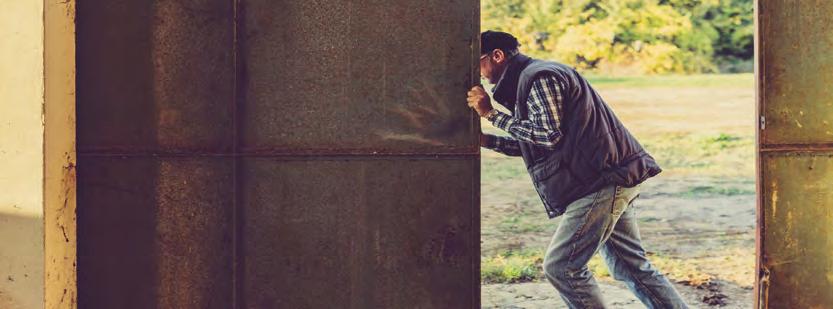
Contact Amplify Alliance for a no obligation quote at info@amplifyalliance.org.au or call 1800 331 915
By Richard McAllister
The concept of “Cat and Dog psychology” explores two contrasting approaches to life, often drawing parallels to the behaviours of cats and dogs. This metaphor has been extended into psychological perspectives on human behaviour and relationships.
Dog-like individuals often display attachment, trust, and a cooperative mindset, driven by relational security and a desire to please.
Cat-like individuals are more independent, selfreliant, and inward-focused, valuing autonomy and their needs above external approval.
This framework humorously reflects human tendencies in group settings, encouraging a balance—loyalty like a dog while maintaining healthy self-awareness like a cat.
Dog or Cat | Contributor or Consumer: A Shed Membership Perspective
Club memberships often attract two types of people: contributors (dogs) and consumers (cats). Both play vital roles but differ in their approach to involvement and impact.
Consumers view shed membership as a transactional relationship. They join to access services, benefits, or networking opportunities. Their primary focus is on what they can receive. While their participation might bring financial support or increase membership numbers, their engagement is often surface level. For example, they may attend events but rarely assist in organising them.

Being a Dog in a shed fosters significant psychological, wellbeing, and health benefits. Contributors experience a sense of purpose and belonging, which boosts selfesteem and reduces feelings of isolation. Actively engaging in activities and helping others enhances social connections, which are linked to better mental health and increased resilience. Contributors often feel a deep sense of achievement and fulfillment, as their efforts create a positive impact within the group. The transformational approach to involvement in shed initiatives not only promotes physical health, especially in activity-based projects, but also can reduce stress through the sense of belonging/ownership that contributors gain from meaningful participation. Conversely, a Cat-focused mindset can have downsides in these areas. Consumers often approach their membership passively, prioritizing personal gain over communal involvement. This limited engagement can lead to a lack of meaningful connections and a reduced sense of belonging, contributing to feelings of loneliness or dissatisfaction. Psychologically, consumers may feel less fulfilled over time, as their focus on receiving rather than contributing can limit their sense of purpose. This transactional approach may also create dependency or entitlement, potentially increasing stress and frustration if expectations aren’t met.
Ultimately, Dogs thrive on the reciprocity of giving and receiving, while Cats risk missing the deeper benefits of active, communal participation.
Application:
1. A Cat Haven? Too many cats compared with the number of dogs.

Contributors, on the other hand, take an active role in the club’s success. They invest time, energy, and ideas to enhance the Shed’s value for everyone. These individuals volunteer, spearhead initiatives, and take on leadership roles. Their focus extends beyond personal gain and they aim to create a thriving community that benefits all members.
The long-term health of any club depends on cultivating contributors while balancing the needs of consumers. Encouraging consumers to become contributors— through recognition, mentorship, and opportunities to lead—ensures the shed remains vibrant and sustainable. Ultimately, contributors transform a Shed from a service provider into a community, enriching both the organisation and its members.

Result: The dogs will resent the cats and snarl at them and chase them away.
2. A Dog Kennel? Too many dogs focusing on the efficiency and output of the shed, with no room for cats.
Result: The cats will feel unsafe (bullied) and leave. This may seem like the best solution, but the shed is well on its way to becoming toxic.
3. A Kennel and a Haven?
Result: The ideal balanced shed has balanced members—loyalty like a dog while maintaining healthy self-awareness like a cat. Each member enjoying the shed at times as a dog and likewise enjoying the shed at times as a cat.
By Bianca Carmona
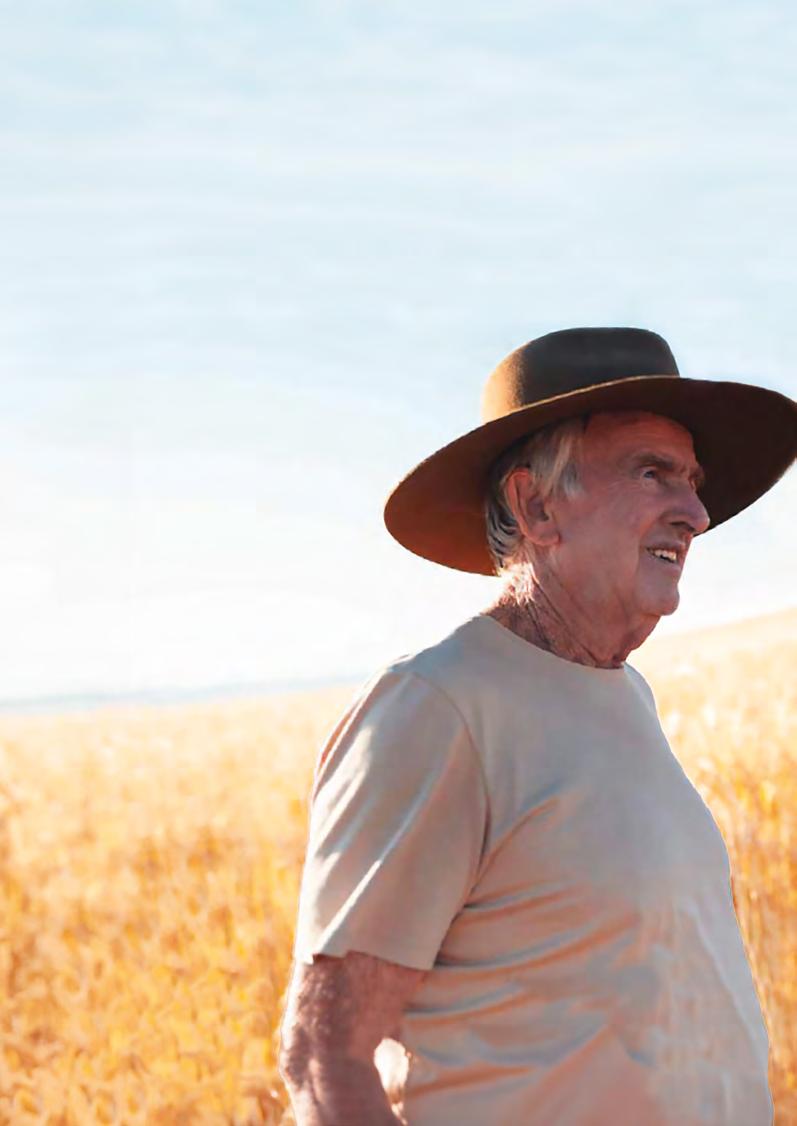
Summer is all about outdoor fun, with beach trips, backyard games and barbecues. While Australians are no strangers to scorching summers, intense heat can pose serious health risks, so knowing how to stay cool and safeguarding yourself and those close to you is important. Heatwaves are the deadliest of all natural hazards, both in Australia and globally, says Australian Red Cross Urban Climate Resilience Program lead Eilish Maguire. Eilish explains a heatwave can have effects that are often less visible than those of fires or floods.
“It’s more insidious and can affect people in their homes, particularly those who are isolated or already unwell,” she says. A recent report from the World Meteorological Organization found 2023 was the hottest year on record. And we can expect the frequency and intensity of heatwaves to become more common due to climate change, according to the World Health Organization. While Aussies are known for their love of sunshine, Eilish stresses we need to change this cultural narrative.
“We celebrate summer and hot weather as a country, but we also need to acknowledge the real risks,” she says.
“Extreme heat can seriously harm our health. It can pose a very real threat, which is obviously not something to celebrate.”
“EXTREME HEAT CAN CREEP UP ON PEOPLE, ESPECIALLY THE ELDERLY OR THOSE WITH EXISTING HEALTH ISSUES.”
Eilish Maguire
AUSTRALIAN RED CROSS URBAN CLIMATE RESILIENCE PROGRAM LEAD
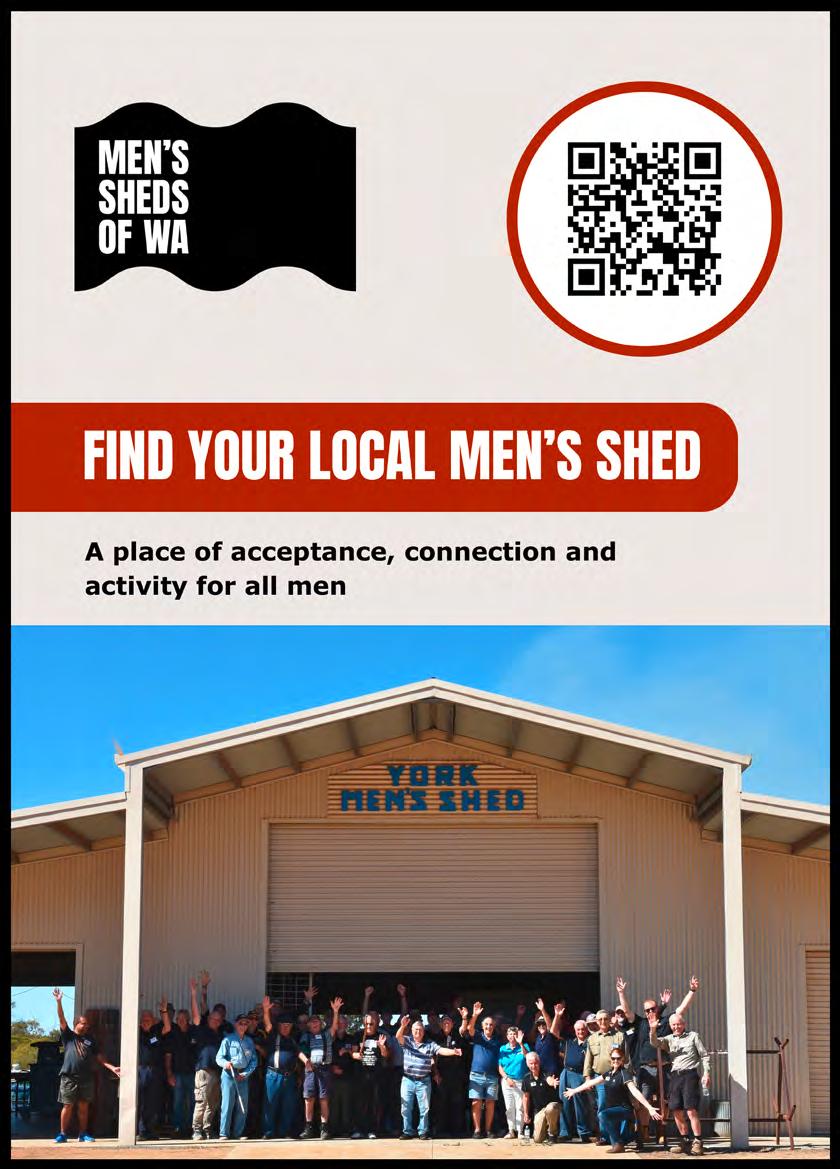
Thanks to you playing Lotterywest games, $373 million went to 411 grants last financial year to support the WA community.

